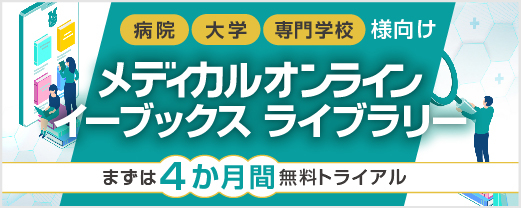アブストラクト
Japanese
| Title | 余暇活動の楽しさによって「もう一度滑りたい」と自分の意志を伝えた若年性アルツハイマー型認知症者の事例 |
|---|---|
| Subtitle | 事例報告 |
| Authors | 萩原佑香1), 大山千尋2), 本家寿洋3), 山田孝4) |
| Authors (kana) | |
| Organization | 1)訪問看護ステーション向日葵, 2)砂川市立病院精神作業療法科, 3)北海道医療大学大学院リハビリテーション科学研究科, 4)一般社団法人日本人間作業モデル研究所 |
| Journal | 作業行動研究 |
| Volume | 28 |
| Number | 3 |
| Page | 96-106 |
| Year/Month | 2024 / 12 |
| Article | 報告 |
| Publisher | 日本作業行動学会 |
| Abstract | 「要旨」 訪問看護ステーションで辺縁系脳炎後の若年性アルツハイマー型認知症(以下, AD)者を担当した. 本事例は進行が早く表情や発話が乏しく, 介護する両親は関わりに戸惑っていた. 筆者は機能訓練だけでなく, 人間作業モデルに基づく余暇活動の楽しさ評価法(以下, LAES)を実施し, 興味のあるアイスホッケー(以下, ホッケー)に介入した. 結果, 本事例は笑顔や発話が増えてコミュニケーションと交流技能, 作業への動機づけが改善した. その理由は, 第1にホッケーの楽しさを思い出す継続的な関わりで楽しい感情が続き, 第2に実際に滑る活動に従事し能力の自己認識と動機づけが高まったこと, 第3に両親が今できることで寄り添う関わりになったことが考えられた. 高齢者のために開発されたLAESは若年性ADの本事例にも有用であった. |
| Practice | 医療技術 |
| Keywords | 若年性認知症, 人間作業モデル, 余暇活動の楽しさ評価法(LAES), Early-onset dementia, Model of Human Occupation, Leisure Activity Enjoyment Scale(LAES) |
English
| Title | A case of a patient with early-onset Alzheimer's type dementia who expressed her "desire to skate again" through the enjoyment of leisure activities |
|---|---|
| Subtitle | CASE STUDY |
| Authors | Yuka Hagiwara1), Chihiro Oyama2), Toshihiro Honke3), Takashi Yamada4) |
| Authors (kana) | |
| Organization | 1)Himawari Visiting Nurse Station, 2)Department of Psycho Occupational Therapy, Sunagawa City Hospital, 3)Health Sciences University of Hokkaido, 4)Research Institute of the Model of Human Occupation in Japan, inc. |
| Journal | Japanese Journal of Occupational Behavior |
| Volume | 28 |
| Number | 3 |
| Page | 96-106 |
| Year/Month | 2024 / 12 |
| Article | Report |
| Publisher | Japanese Society of Occupational Behavior |
| Abstract | [Abstract] As a visiting nurse station, I was in charge of a patient with early-onset Alzheimer's type dementia (AD) following limbic encephalitis. In this case, the combination of rapid progression of the condition and the deterioration of the patient's facial expressions and speech ability left the caregiver-parents confused about how to interact with the patient. In addition to functional training, the author implemented the Leisure Activity Enjoyment Scale (LAES) based on the Model of Human Occupation, and intervened in ice hockey, the leisure activity of interest in this case. As a result, this case showed an increase in instances of smiling and increase of speech, and the "communication and interaction skills" and "motivation for occupation" metrics improved. The reasons for this are thought to be as follows: first, the continued involvement of remembering the enjoyment of ice hockey led to continued feelings of enjoyment; second, the self-awareness of ability and motivation increased as the patient was actually engaged in skating; and finally, because the parents became involved in supporting what they could now do. Although initially developed for the elderly, the LAES could also be used in this case of early-onset dementia. |
| Practice | Medical technology |
| Keywords | Early-onset dementia, Model of Human Occupation, Leisure Activity Enjoyment Scale (LAES) |
- 全文ダウンロード: 従量制、基本料金制の方共に770円(税込) です。



